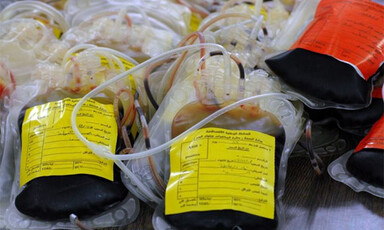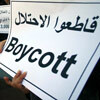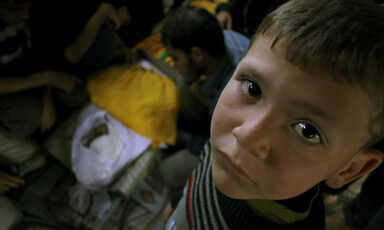
"The amount of death and destruction is inconceivable"
Gaza Strip 27 December 2008
It was just before noon when I heard the first explosion. I rushed to my window and barely did I get there and look out when I was pushed back by the force and air pressure of another explosion. For a few moments I didn’t understand but then I realized that Israeli promises of a wide-scale offensive against the Gaza Strip had materialized. Safa Joudeh writes from the besieged Gaza Strip. Read more about "The amount of death and destruction is inconceivable"








